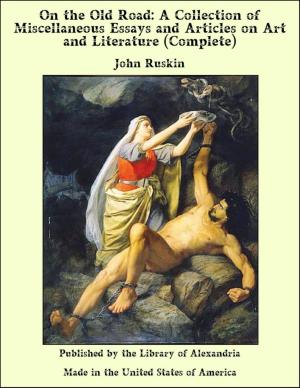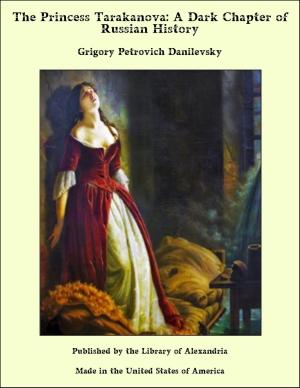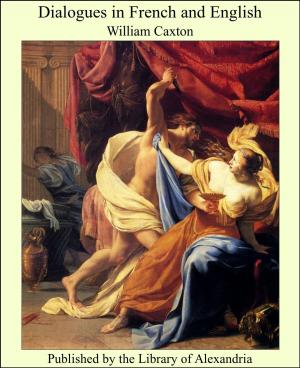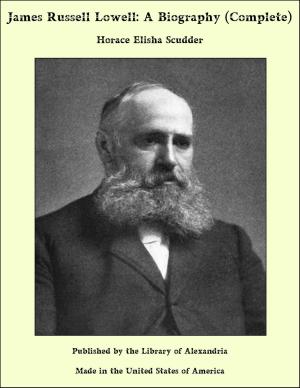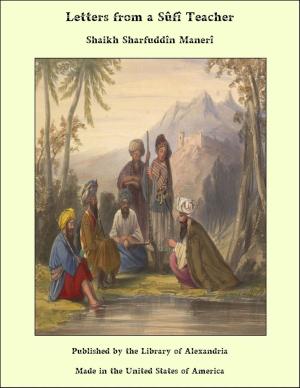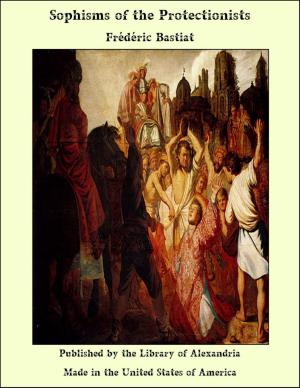The Syriac Chronicle Known as That of Zachariah of Mitylene
Nonfiction, Religion & Spirituality, New Age, History, Fiction & Literature| Author: | Zachariah of Mitylene | ISBN: | 9781465574701 |
| Publisher: | Library of Alexandria | Publication: | March 8, 2015 |
| Imprint: | Language: | English |
| Author: | Zachariah of Mitylene |
| ISBN: | 9781465574701 |
| Publisher: | Library of Alexandria |
| Publication: | March 8, 2015 |
| Imprint: | |
| Language: | English |
IN Brit. Mus. Add. MS. 17,202 there is a historical work in Syriac, which has been published by Dr. Land 1 under the title of Zachariae Ep. Mitylenes aliorumque scripta historica Graece plerumque deperdita. In the MS. the Chronicle bears no author’s name, but is simply entitled, A volume of records of events which have happened in the world. Extracts from the same work are contained (also anonymously) in Cod. Syr. Vat. 14.6 2 (formerly 24), fol. 78ff. An account of these extracts, with quotations, was given by Assemani,3 and the whole was published with a Latin translation by Mai in 1838.4 A passage found among these Vatican fragments is quoted by Dionysius Bar Tsalibi as from “Zachariah the Rhetor and bishop of Melitene,”5 whence Assemani entitled the author “Zachariah of Melitene.” The name of Zachariah is confirmed by the fact that Brit. Mus. Add. MS. 12,154 contains two extracts from our Chronicle, which it cites as from the “Ecclesiastical History of Zachariah.”6 Further, Evagrius, in bks. 2 and 3 of his History, frequently cites a Monophysite writer whom he calls Zachariah the Rhetor, and these citations agree closely with our text. “Zachariah the Rhetor” is also cited by Michael the Syrian 7 (who is copied by Gregory Abu’l Farag) for the first Synod of Ephesus, the story of the Seven Sleepers, events of the reign of Marcian, and the plague in that of Justinian.
IN Brit. Mus. Add. MS. 17,202 there is a historical work in Syriac, which has been published by Dr. Land 1 under the title of Zachariae Ep. Mitylenes aliorumque scripta historica Graece plerumque deperdita. In the MS. the Chronicle bears no author’s name, but is simply entitled, A volume of records of events which have happened in the world. Extracts from the same work are contained (also anonymously) in Cod. Syr. Vat. 14.6 2 (formerly 24), fol. 78ff. An account of these extracts, with quotations, was given by Assemani,3 and the whole was published with a Latin translation by Mai in 1838.4 A passage found among these Vatican fragments is quoted by Dionysius Bar Tsalibi as from “Zachariah the Rhetor and bishop of Melitene,”5 whence Assemani entitled the author “Zachariah of Melitene.” The name of Zachariah is confirmed by the fact that Brit. Mus. Add. MS. 12,154 contains two extracts from our Chronicle, which it cites as from the “Ecclesiastical History of Zachariah.”6 Further, Evagrius, in bks. 2 and 3 of his History, frequently cites a Monophysite writer whom he calls Zachariah the Rhetor, and these citations agree closely with our text. “Zachariah the Rhetor” is also cited by Michael the Syrian 7 (who is copied by Gregory Abu’l Farag) for the first Synod of Ephesus, the story of the Seven Sleepers, events of the reign of Marcian, and the plague in that of Justinian.

